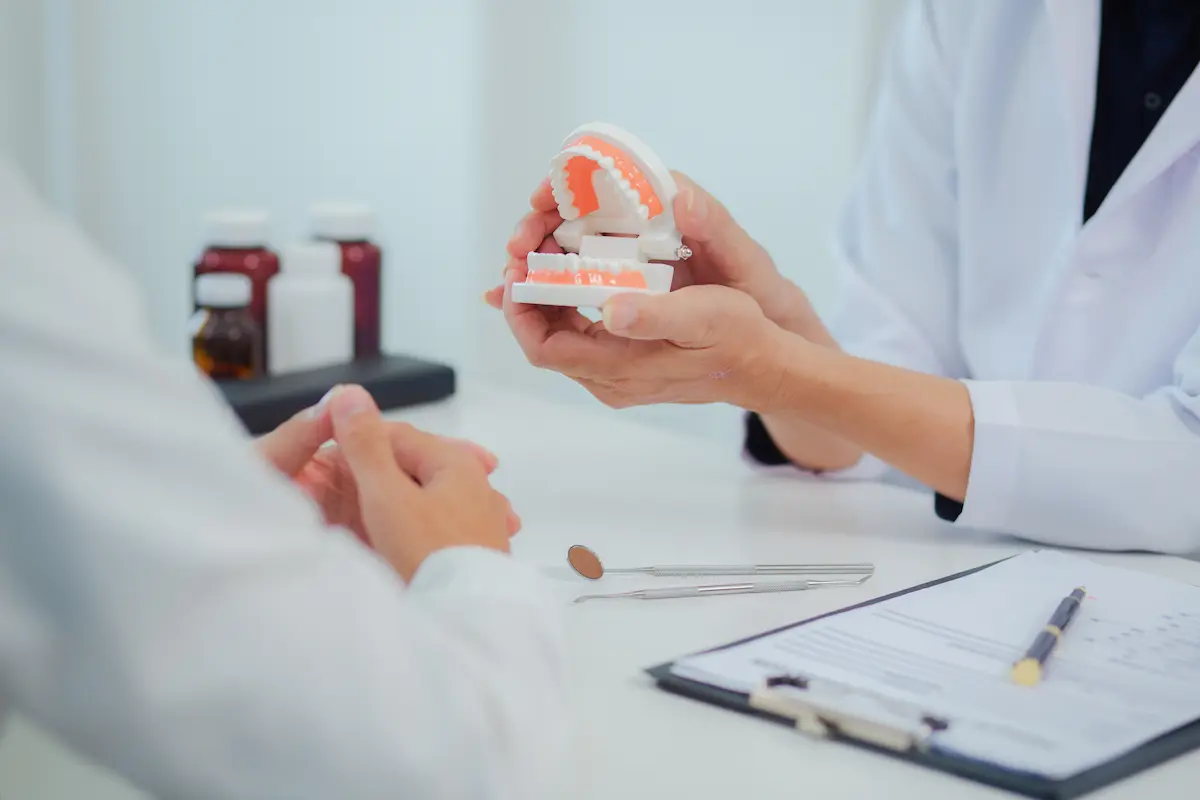Learn More About Our Practice
Service Categories

General Dentistry
Discover the perfect treatment for optimal oral health and aesthetics with our personalised general dentistry services! We offer a variety of procedures to help you transform your smile.

Cosmetic Dentistry
Are you unhappy with your smile? Let us help boost your confidence with our cosmetic options that can enhance and correct your existing smile. Get a personalised treatment plan today and finally feel great about your smile.

Restorative Dentistry
We specialise in restorative procedures that can make a big difference in your smile. Whether you're looking to improve your chewing or enhance the appearance of your teeth, we will work with you to create a personalised plan that meets your unique needs.

Other Services
Explore our range of other specialised services to discover how we can improve your overall health and help you achieve a healthier, brighter smile.
Let’s Create Your Healthiest Smile Yet
Whether you're looking for preventive care or a full smile transformation, our team is here to help you every step of the way.
Ready to get started? Complete the form below

